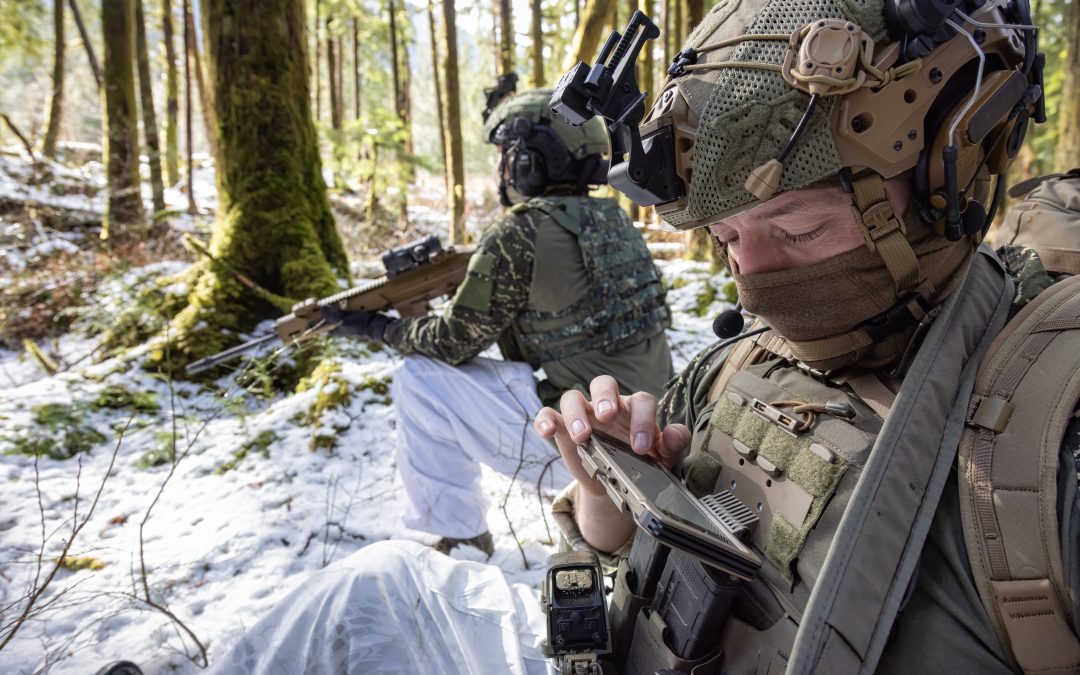Image: Shutterstock
Blog Editor’s Note: We do NOT AGREE with everything in this thought provoking article. Though, it is thought provoking.
We DO AGREE with:
- The need for alternative systems
- The need for DoD leadership to engage and make things happen for the entire nation
- That this is a pressing issue that needs immediate action
- That even with immediate action it will be a long while before DOD and civil America have the PNT each needs
Two other thoughts:
- The author claims the DOD does not have a comprehensive strategy. DOD does have a strategy. Whether it is sufficiently comprehensive or not is for others to say. Regardless, many think it has not been executed it well. See last year’s GAO report.
- Unlike SecDef Ash Carter, we LOVE GPS. It is an amazing system that needs to be protected. First step is “get the bullseye off” by implementing one or more easily accessed and difficult to disrupt alternatives.


“I hate GPS. The idea that we are all hooked to a satellite…that doesn’t work in certain circumstances, does not work indoors or in valleys in Afghanistan, is ridiculous.”
– Former Secretary of Defense Honorable Ashton Carter, June 2014
The Department of Defense (DoD) needs to focus its efforts on modernizing the way it delivers position, navigation, and timing (PNT). Without a fundamental shift away from the Global Positioning System (GPS), the DoD will not be competitive in near-peer conflicts.
The 1990s’ GPS technology revolution gave the DoD access to extremely accurate PNT data. It also gave the U.S. military an unparalleled advantage. As GPS became more reliable and accessible, the United States and many countries used its data for everything from recreational activities to transportation, banking, and agriculture. While the system started as a military capability, the civilian market now relies on it for computer networks, commercial aviation, and railroads. Power grids, of all things, make up the vast preponderance of GPS receivers.
America’s adversaries took note of this capability and soon developed similar global navigation satellite systems (GNSS). They also invested heavily in capabilities to deny the U.S. military its GPS access. In any future conflict with a near-peer adversary, the U.S. military can therefore expect to operate in a GPS-denied environment. This means the DoD needs to develop a comprehensive strategy now, to both manage a transition away from GPS and to pursue more resilient forms of PNT.


